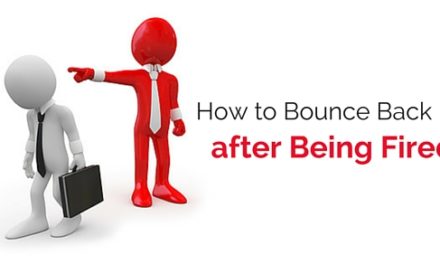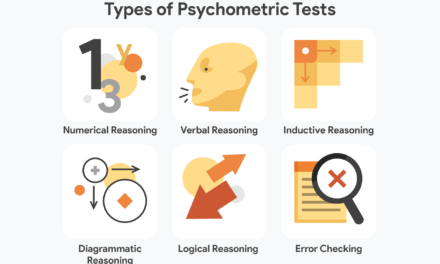The future may seem very uncertain when you’ve been laid-off, especially if you see the same thing happening to others all around.
Unemployed people will more readily accept the news that work is scarce than someone who is working. The fact is, we base our beliefs on what we know to be accurate based on our experiences and information from sources we trust. Being inundated with news of doom and gloom before experiencing a layoff may make you believe the future is grim. This belief has the dangerous potential to become a self-fulfilling prophecy, (if you think it to be true. you may make it a reality).
TIP: Review your plans carefully. Consider your motivation for developing your strategies the way you have. Were they realistic before the layoff? Are they realistic? If not, what adjustments are needed to achieve your goals? What barriers can you anticipate, and how can you overcome them? Are you still committed to these plans? If so, commit yourself to find a way to achieve those plans, despite inevitable setbacks of the layoff. If not, develop a new scheme.
TIP: People who thought their lives were over because of the layoff discovered brighter futures following their dismissal in spite of today’s economy!
Now that you have examined the rewards you seek from work, and the changes that typically occur for the newly unemployed, let’s focus on the reactions lay-offs stimulate.
For some, losing a job is like experiencing the loss of a loved one. If your layoff was a painful loss, allow yourself a grieving period as the grieving process is also a healing process. Even in many cases where individuals have had some level of dissatisfaction with their jobs, the reactions they described were characteristic of the grieving stages encountered following a death. Although not everyone reacts to job loss in this manner, it may be useful to be aware of the different phases that many people experience in this regard.
“At first, I was in shock, and then I guess I just became furious, and I stayed mad for quite a while. Then I was down, I withdrew and became depressed. And then finally, I decided I had to get on with my life, and I started to feel better once I began to get out there looking.” Stephanie, 37, Pharmacist
Stephanie’s comments illustrate the stages of grieving that many who have experienced job loss report encountering. Below are the described steps:
Shock/Denial
You may feel numbed and overwhelmed by the news. It may take some time for the reality to sink in. Denial may follow as you progress beyond shock but may not fully accept the news.
Anger
During this stressful time, you may direct anger toward your former employer or lash out at friends and family. You may feel like you are not in complete control of things.
Depression/Withdrawal
The reality of the situation may start to sink in, and the depression you experience may be like a period of mourning. Feelings of inadequacy may set in, and you may withdraw from those around you.
Acceptance – You come to terms with the loss and prepare to move on.
NOTE: Not everyone responds in this manner. You may experience some of the reactions listed but in a different order, or you may encounter entirely different responses, such as illustrated below:
” I was relieved. This was like the break I ‘d been waiting for. If they hadn’t forced me out, I never would have made the move I ‘d been considering for so long. I was grateful.” Judy, 44, supervisor
Regardless of the nature of your reactions, you must stay in touch with what you are experiencing, which will help you understand yourself better, and may help you identify your needs.
Consider your reactions regarding the following four components:
– Behaviour Changes
– Physical Reactions
– Cognitive Responses (the effects on your mind).
– Emotional Reactions
© Wordscapes® (David Turner). All Rights Reserved.




